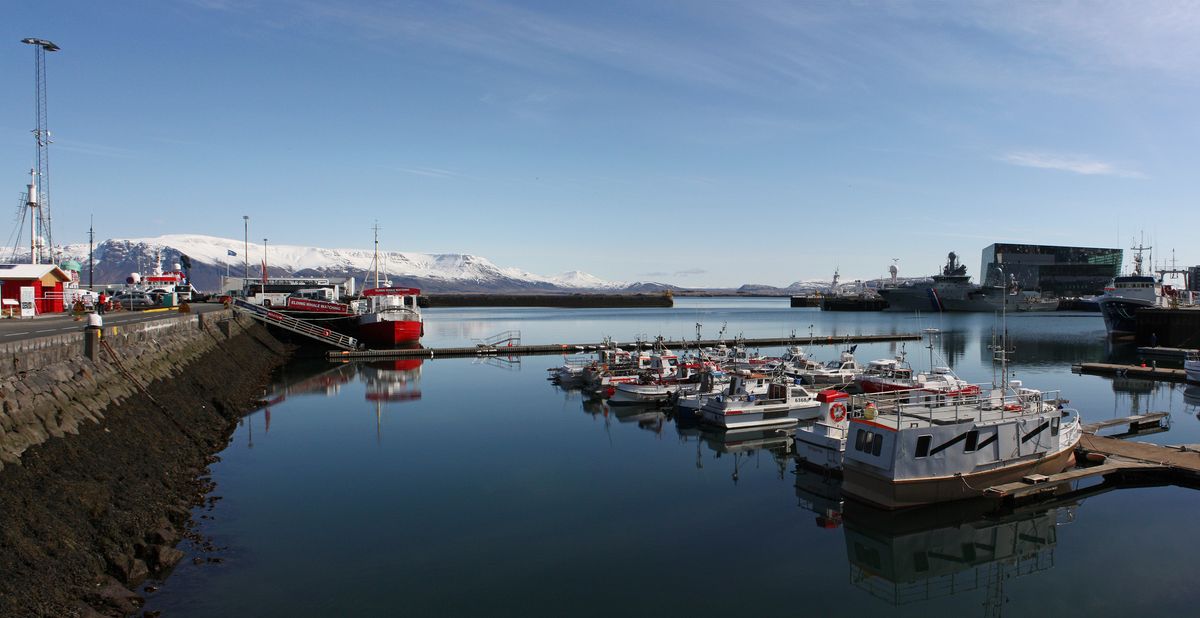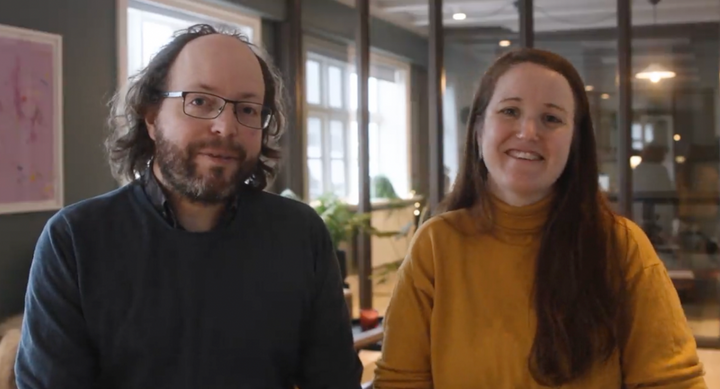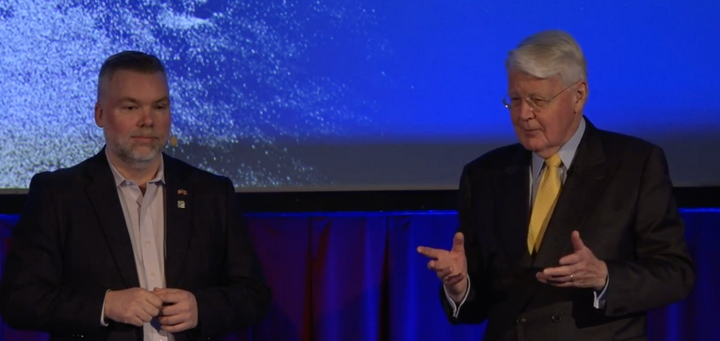Building bridges with clusters


In 1973, Mark Granovetter came up with an idea in sociology which would later have a huge influence on the study of relationships in networks. The idea was fairly simple: weak relationship ties can act as important bridges in a network building, and for that purpose, they are sometimes more important than strong relationship ties (family and friends). Granovetter’s research showed that when people think about who might help them in a job search, they tend to make a short list of very close friends and family – the strong ties. However, Granovetter’s research showed that your closest friends are not really your best bet when searching for a job. Why not? The answer is that their network is very much like your own. So, to get to a larger group of people in your job search you are better off tying up with people with whom you have weak ties (you barely know) than by those with whom you have strong ties.
This idea inspired me to study relationship networks in my Ph.D. and later to establish the ocean cluster network.
My first real-world test in Granovetter’s spirit was to bring together seafood technology entrepreneurs from different parts of the seafood value chain in Iceland. Most of them didn’t know each other! It still amazes me to see entrepreneurs and startups meet together in various settings and witness how, despite living in small coastal communities and working in ocean-related industries, these individuals have rarely – or even never – met before. Clearly, an abundance of unused weak ties exist here.
After our initial networking events in Iceland, where I the witnessed seafood tech entrepreneurs introducing themselves to each other for the very first time, I interviewed the entrepreneurs and asked why they had not met before, given that they could learn a great deal from each other and collaborate on projects important to each of them? Most of them responded by saying they didn’t have time for “socializing.” I always remember one entrepreneur who had doubts about my interpretation. He stated: “I have very strong business links with great customers in the fisheries and I nurture them. With others, such as these tech colleagues, I knew about their existence and if I needed to contact them I would just do so. We are so few on this island, we know everybody!”
These entrepreneurs regarded their networks with an island mentality, in which you think you know everybody and can connect to them whenever needed. The problem with this view is that those connections that could so easily be used in reality seldom if ever occur. For an entrepreneur, it is crucial to be good at extending both your domestic and global network in order to develop a sustainable business, and connecting with people outside of your local market is crucial, particularly if that market is very small. Many of the entrepreneurs I spoke with did not nurture their weak ties and were instead happily focusing on the few strong ties that upheld the status quo and allowed their business to merely survive. The cluster’s mission is to extend the network of entrepreneurs and inspire them to actively use this network to grow their business.
I later discovered that the same lack of connectivity was true for most coastal seafood areas, such as in the United States. The seafood industries in these regions, despite their relative proximity to large and dynamic centers of finance and research, were in essence islands as well: fairly isolated from each other, academia, investors, metropolitan startup hubs, and other various resources.
I know we can change this, and we do that by challenging the startup community and the media to get excited about new companies and opportunities in the ocean industry.
It’s essential to work closely with the startup community and support its growth. This startup community is very strong in Iceland, and the Ocean Cluster is able to actively support startup events hosted by various industry associations, universities, and private entities. Our role has been to inspire more entrepreneurs to establish startups in ocean-related industries. As soon as these startups have gone through the initial startup process and competitions, we are ready to nurture them further – offering a close community, assistance with business planning and strategy, workspace, networking opportunities in our field, forming connections with investors in ocean businesses, and beyond. We have been quite successful in inspiring and supporting startups in our field: the business value of startups in the Ocean Cluster House in Iceland, which have been in our facilities for the last three years, is approximately USD 100 million.
I was very pleased to learn about the Fish2.0 startup initiative in the US and our vision is to work closely with them and provide the startups coming out of great initiatives like Fish 2.0, a network community to make sure they will not become islands!
Our experience with the early success of the New England Ocean Cluster has taught us that even though fish species are different from one region to the next, many industry characteristics remain the same, and clusters can learn from each other. The early success of the New England cluster is definitely a result of a strong local leadership which had focused on building relationship ties among seafood entrepreneurs and between entrepreneurs and academia – bridging these islands. We are confident in stating that we are continuously learning more but also realizing that all this work is firmly grounded in fairly simple ideas of human interactions.
This is a guest post by Þór Sigfússon, founder and CEO of the Iceland Ocean Cluster.
Image by Tanya Hart.




